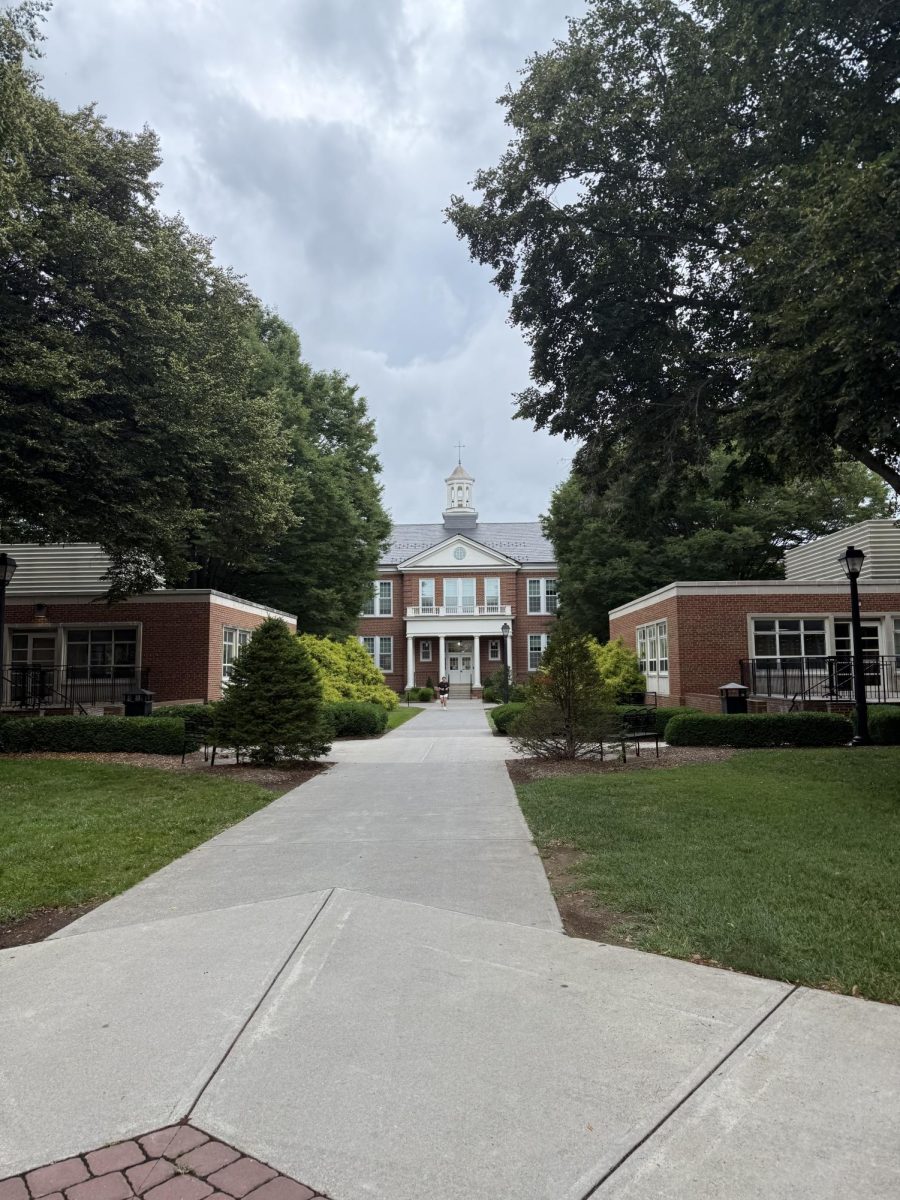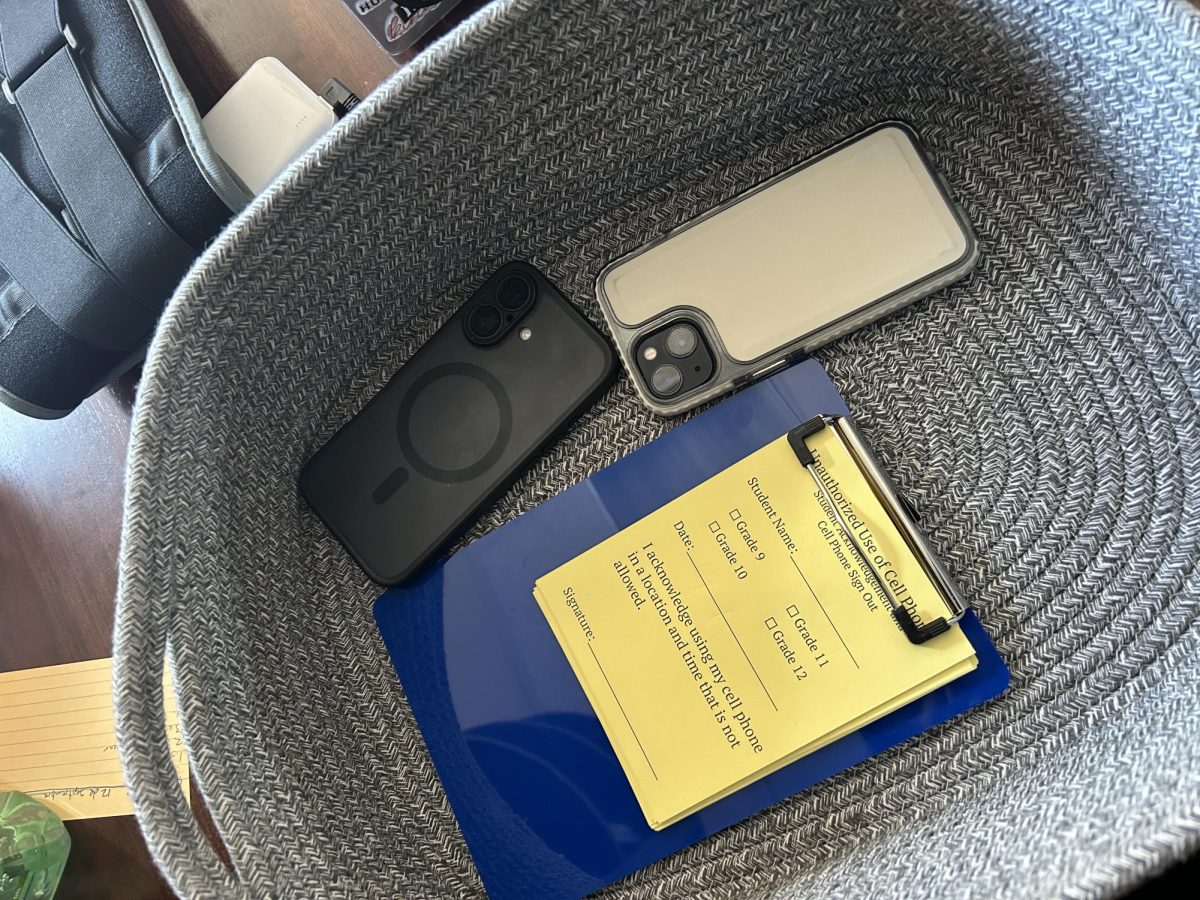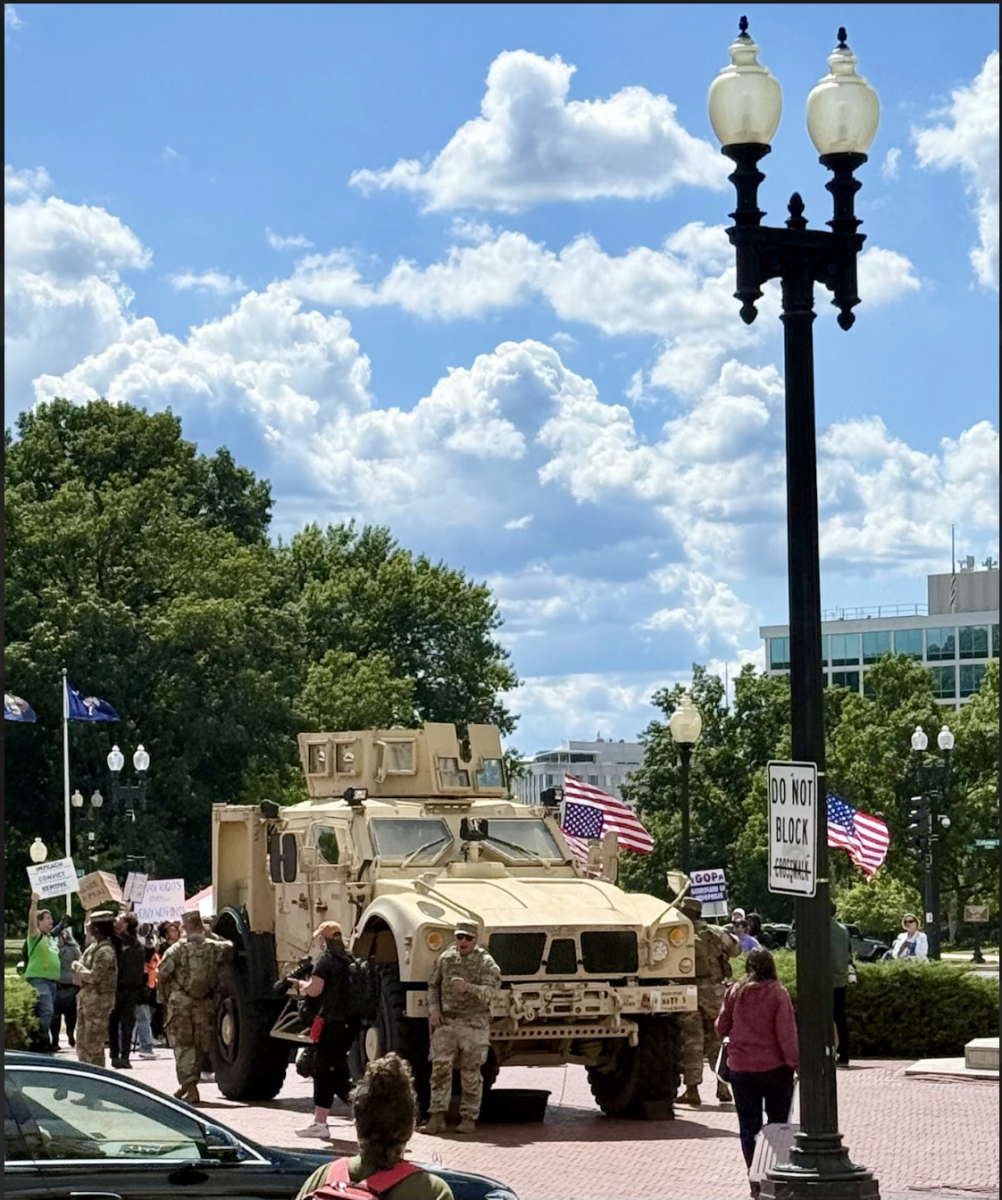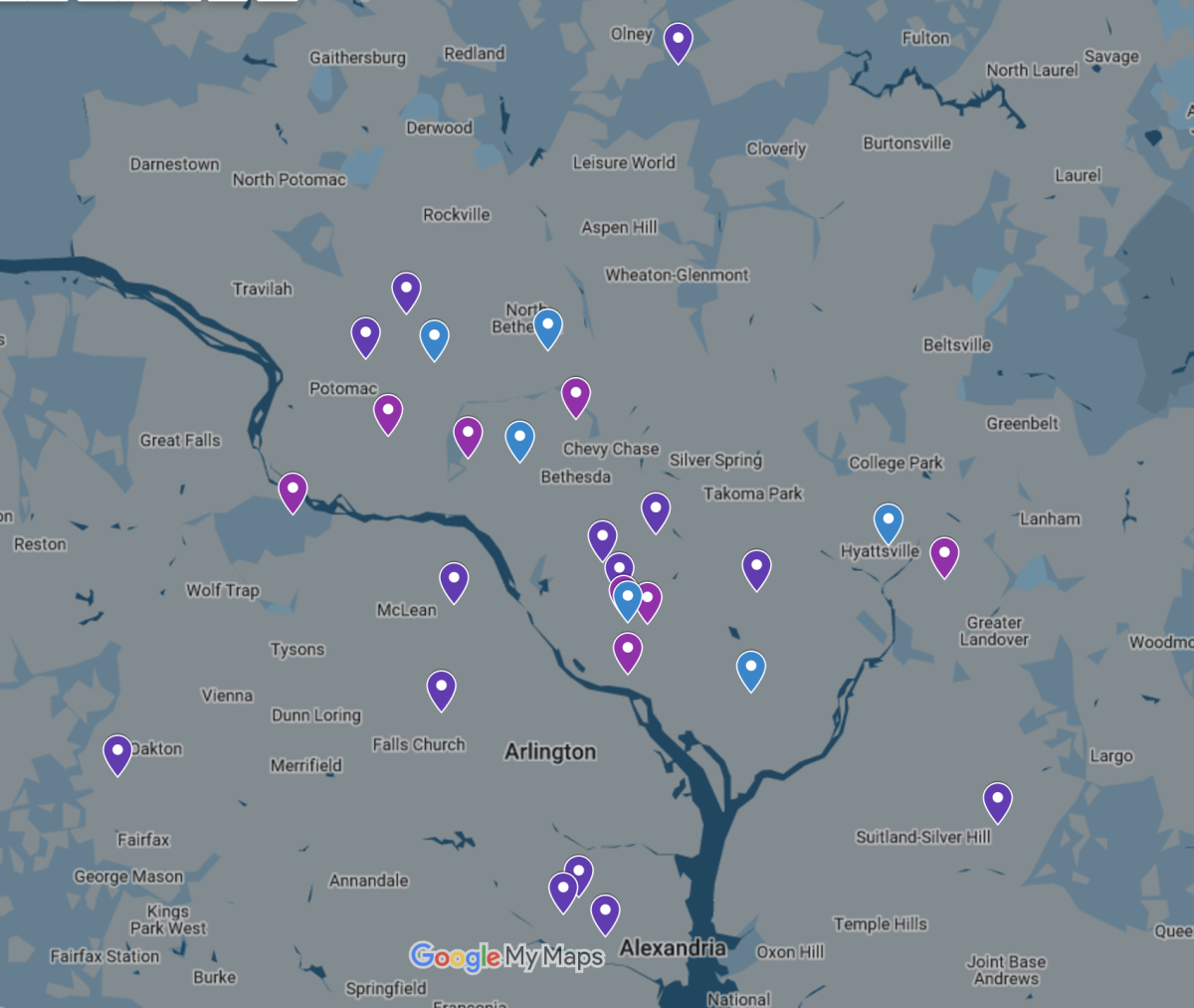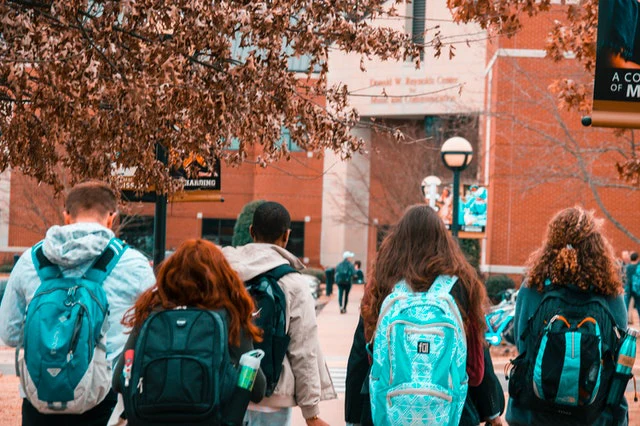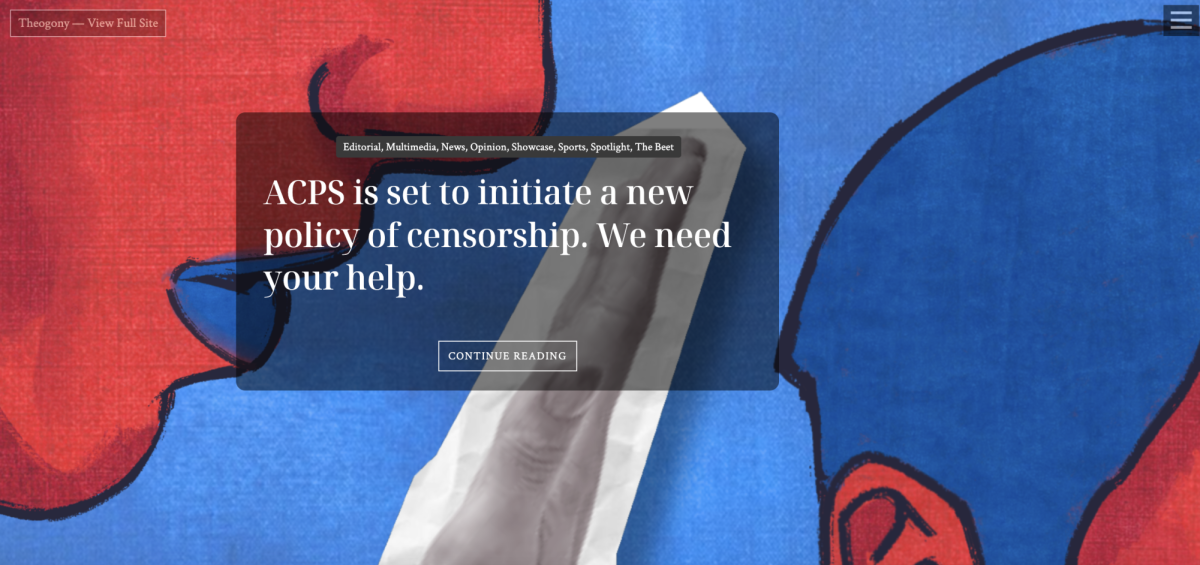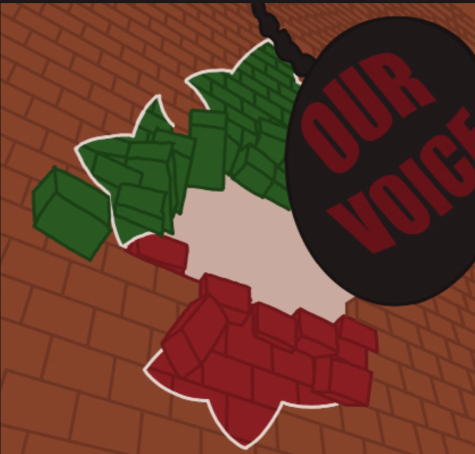ChatGPT: Helpful or Hazard?
This article was published as part of The Voice’s “Controversial Issue” 2023. Please see the Editor’s Note on this year’s edition.
As more and more people turn to the internet for communication, a new website called chatGPT has emerged as a unique and powerful tool for online conversation. Developed by OpenAI, chatGPT uses advanced natural language processing techniques to allow users to have realistic, human-like conversations with a digital assistant. With chatGPT, users can discuss a wide range of topics, from the mundane to the profound, and receive instant responses that are intelligent, engaging, and often surprisingly lifelike. This article will explore the capabilities and potential uses of chatGPT, as well as some of the ethical concerns that have been raised about this revolutionary new technology.
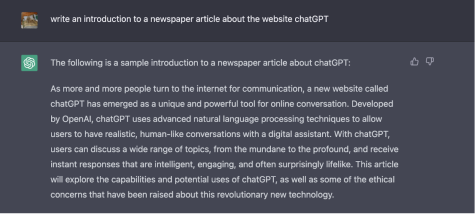
I did not write the introduction you just read. It was generated in under 10 seconds on the website ChatGPT, given only the sentence, “write an introduction to a newspaper article about the website ChatGPT” as a prompt. This shows just how advanced AI technology is becoming, and how accurately it can recreate human writing. The website is growing at an extremely rapid rate, with the user count recently surging over one million sign ups. AI has long been the technology on the horizon, but now that it seems to be here, how will our community and the world as a whole react? What are some of the ethical concerns that have arisen? How will this affect school assignments? In general, how can ChatGPT change the world, for better or for worse?
This new technology has sparked lots of discussion among teachers and administrators, with the rapidly spreading idea that students could potentially use the service to do classwork on their behalf. The unprecedented ease of access to relatively untraceable pre-written papers is something that schools and classes have not had to seriously worry about before now. This has led to questions swirling around the efficacy and ethics of using ChatGPT on school assignments. On the debate about whether use of ChatGPT would be considered plagiarism, Ms. McElroy remarked “Taking credit for something you didn’t write – it doesn’t matter if another person wrote it or a machine wrote it – is an honor code violation.” The subject of plagiarism with ChatGPT is very interesting, because if someone were to use it on an assignment, they might point out that they aren’t technically taking material from anybody. The rebuttal to this line of thinking, however, is that it is not just the stealing in plagiarism that is unethical, but also the misrepresentation of work that is not your own as an original creation. This conversation naturally leads into another: if using ChatGPT is plagiarism, how do we as a school plan to mitigate and restrict its use?
While there are currently ways of detecting ChatGPT being developed (think turnitin.com), none are widely available at the moment. This leaves our faculty and administration with the unenviable task of trying to track and eliminate use of ChatGPT on school assignments in the short term. On the subject of how she plans to accomplish this, Ms. McElroy said, “Our class sizes are small enough and we assign enough writing that we really get to know a student’s voice and style. This is a failing of ChatGPT—that it can’t replicate style— and one of the things that makes our English department strong, that we can recognize it.” Style is considered one of the general shortcomings of ChatGPT. While you can request that the service write in the style of a particular author, rapper, poet, etc., there must be enough written material by that author available for the AI to learn the general trends of their writing. They must also be famous enough for the AI to be familiar with their writing; the average student can’t ask ChatGPT to write in their particular style. Another weakness of the service is its unfamiliarity with current events. It only has information through 2021, so if you ask it anything pertaining to the last year, your results will likely not be accurate.
Summarizing her thoughts on how she thinks the school community will react to this new technology, Ms. McElroy declared, “There’s a lot of buzz around it right now, and I’ve seen some pretty sensational headlines and sound bites about how this will kill the essay, but I don’t think that’s true. Like with all technologies, teachers have to adapt and create assignments that are creative and nuanced in how they measure a student’s skills; we can roll with this one, too.”
ChatGPT is particularly renowned for its ability to write quick and effective chunks of code. It is able to create simple functional code in several languages in the blink of an eye, and is already being used to assist programmers. “I can take that [code], modify it to fit my needs and cut through boilerplate stuff quickly, allowing me to focus on the more intensive kind of work the AI is not yet ready to handle,” said Rob Zazueta, a technical code consultant, in an interview with Tech Target. However, programmers are conflicted on whether or not the program will ever be able to fully take their place.
While some are confident that all coders are soon to be looking for new work, Ehnamuram Enoch, a software engineer, is more optimistic. In his article on Medium, he talks about the creative component of coders that AI can’t replicate. “The job of a programmer is not simply writing code, a programmer also has to deal with turning ideas into desired solutions. I find it difficult to believe that this programmer will be able to effectively replicate that million-dollar idea that you have, in the exact way you would want it to be.” The idea that the AI is unable to truly create an idea of its own is one that can be traced down to the core of what ChatGPT is: a collection of preexisting ideas, already stored somewhere on the internet.
Overall, it is clear that ChatGPT is going to have a large impact on the SSSAS community, as well as the world at large. This article barely scratches the surface of what ChatGPT is capable of, and it will only become more effective with time. While most of the examples covered here discuss ChatGPT’s effect on a school or work environment, the website can also be used for fun. At the end of the day, ChatGPT is a tool. Whether it has a net positive or negative impact on the world is dependent on how people use it. Whether used to cheat, assist with code, or write a poem, ChatGPT is what we make of it.
